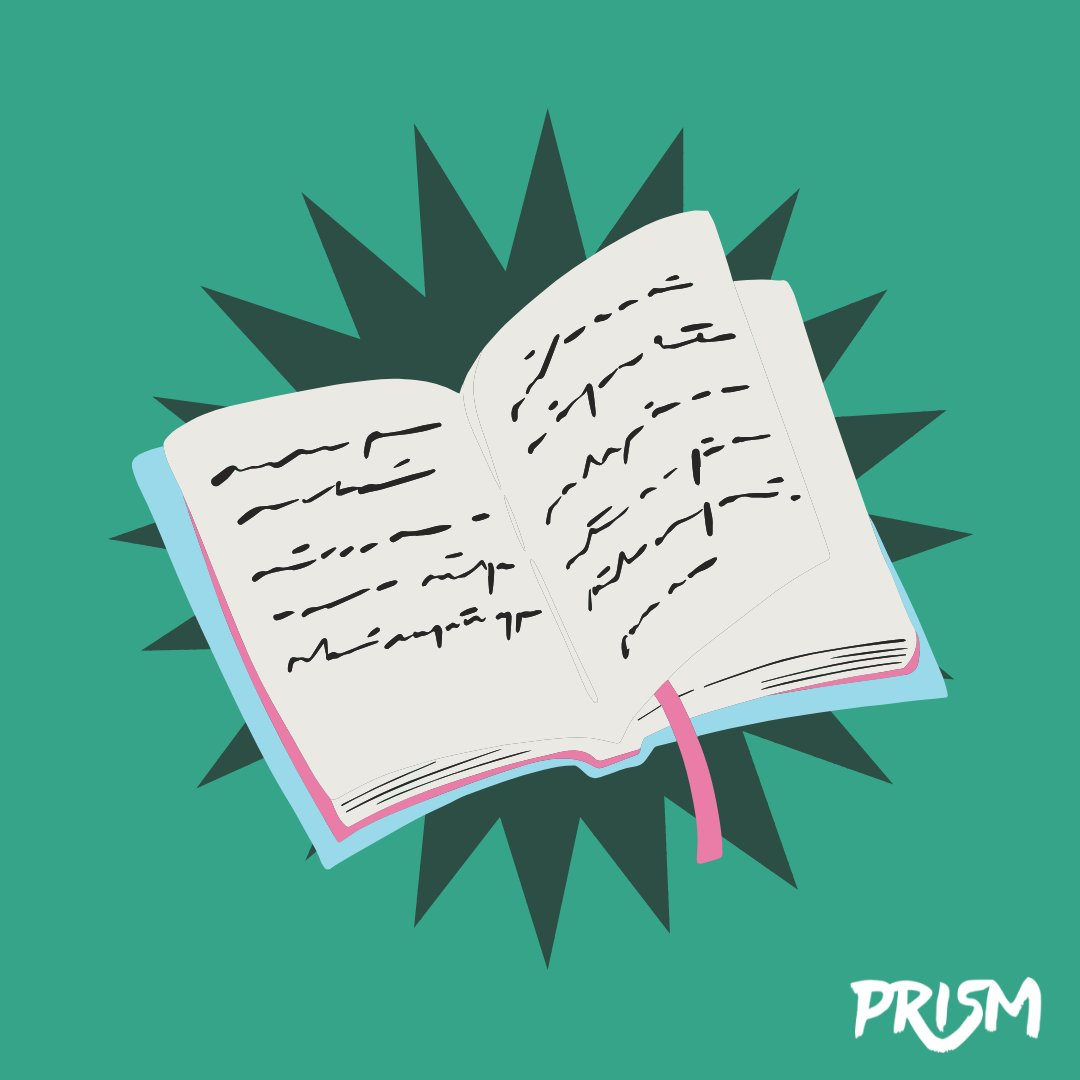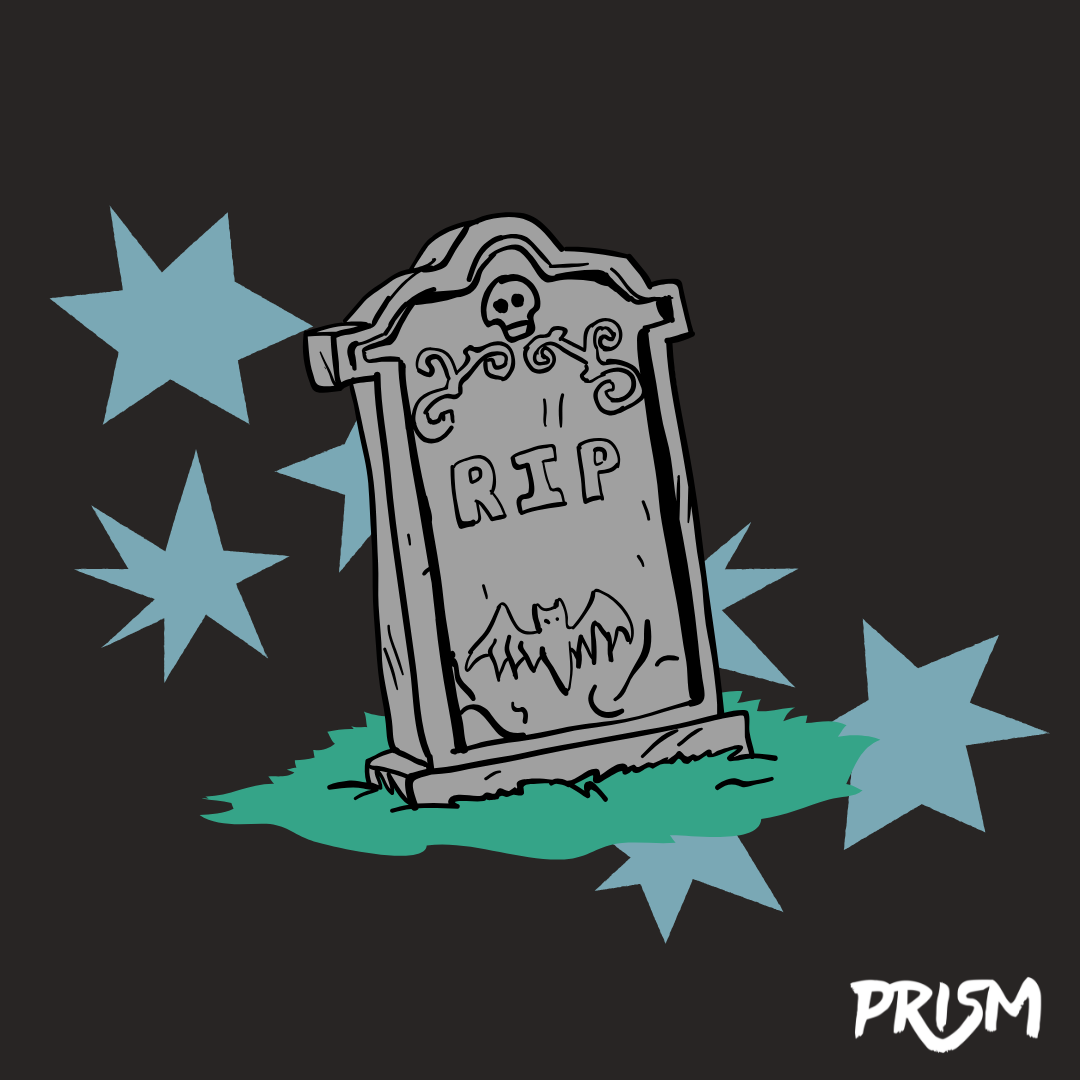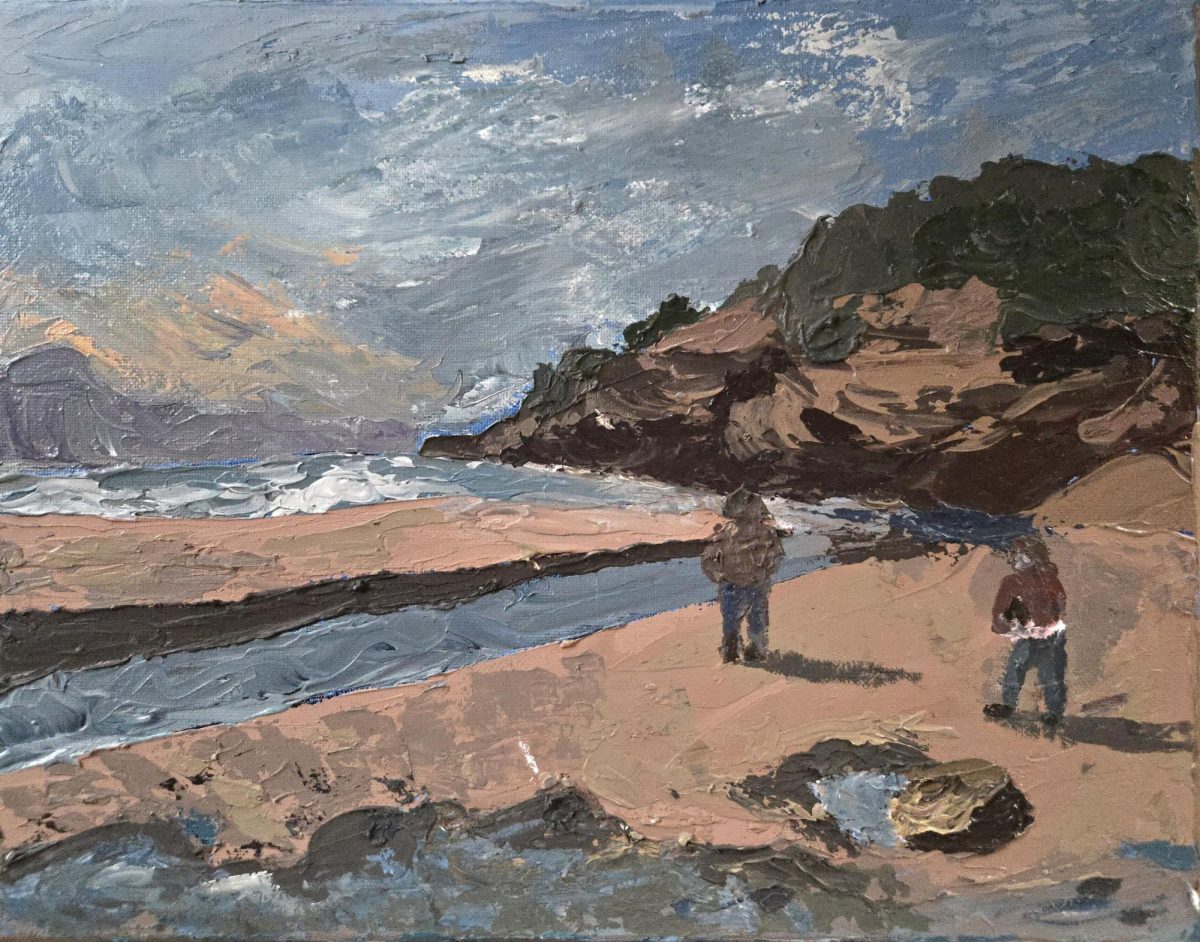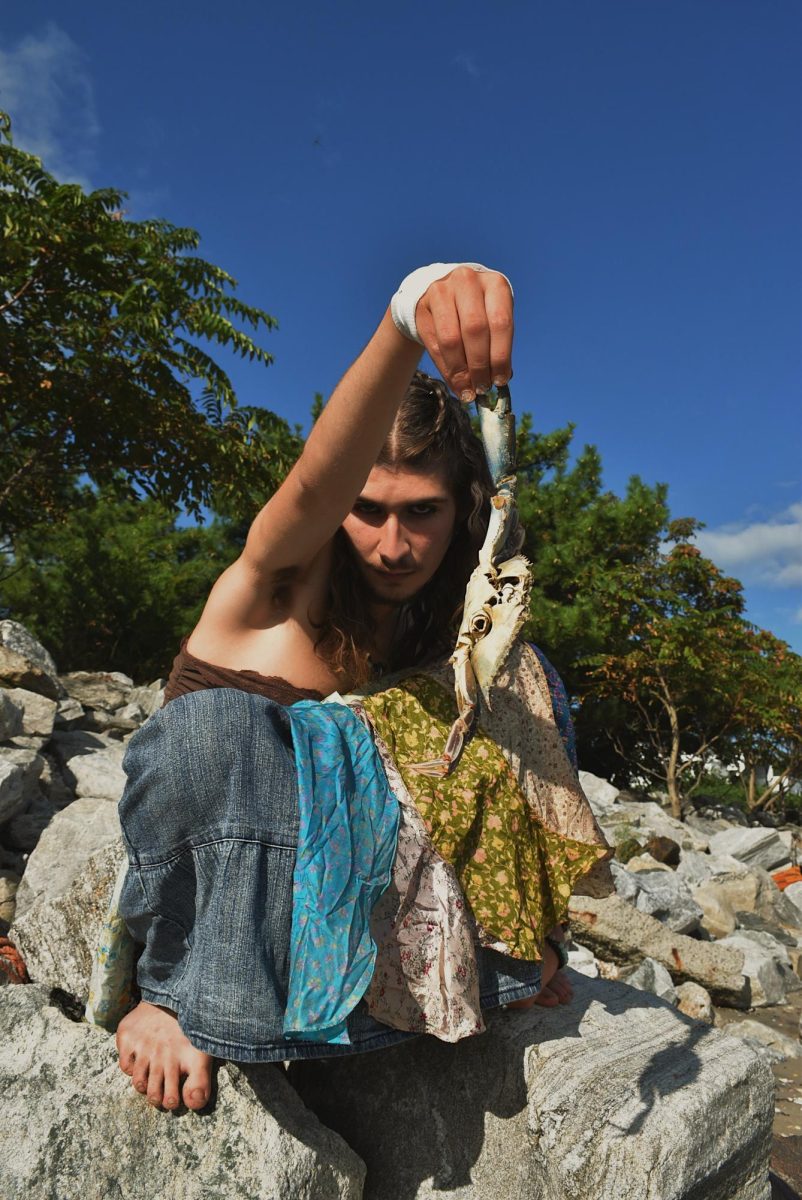Black Sun is an exciting step in making indigenous and non-European culture and mythology a part of mainstream fantasy. This book is also very progressive; there is significant LGBTQIA+ representation, including use of alternate pronouns, xe/xir, for several characters.
There are multiple non-heteronormative relationships, including a relationship between a non-binary character and xeir queer woman partner. There are women in multiple positions of power; the Sun Priest, the highest spiritual leader of their society, is a woman, and one of the other protagonists is a young woman handed control of her own ship.
These characters, queer, non-binary, disabled, whatever they may be, are so refreshing because it’s unfortunately rare to find a book that includes these elements without focusing the entire narrative around them. While stories that overtly deal with such topics are vital, it’s equally important to be inclusive across genres, allowing characters to have these traits without it being the only thing that defines them.
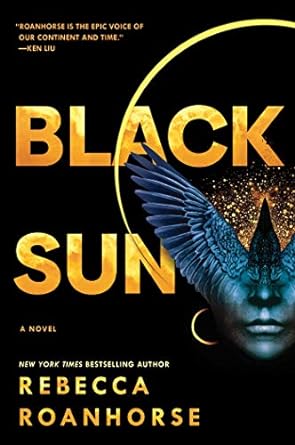
The story itself is one of survival, self-discovery, and revenge, depending which perspective character is being featured. Uncommon for fantasy, this book ends on a decidedly dark note, *SPOILER* with blind Crow-God vessel Serapio succeeding in killing members of The Sun court. The several points-of-view throughout the story are woven together skillfully, and each character has their own voice, which is a common pitfall for multi-POV books.
It’s clear that as a Black and Native woman, Roanhorse made a huge effort to use pre-Columbian, Inca, and Diné mythology as inspiration for Black Sun. While she has been criticized for use of Diné legends without permission and potentially exaggerating her native heritage according to Acee Agoyo, it is still nice to see these cultural elements finally being appreciated in fantasy. I hope to see more representation in and beyond the genre, although hopefully without similar controversy.
Despite criticisms, Roanhorse has been recognized for her handling of representation too, and she did take the time to have Diné readers check her work before publication. One such instance of praise said, “Roanhorse lifts Indigenous readers…giving us a brilliant mirror that made my Indigenous heart soar,” from L. Shapiro.
Hopefully Roanhorse’s work has sparked an interest in this kind of mythology, and will inspire readers and writers alike to seek more content from BIPOC authors in the future.




